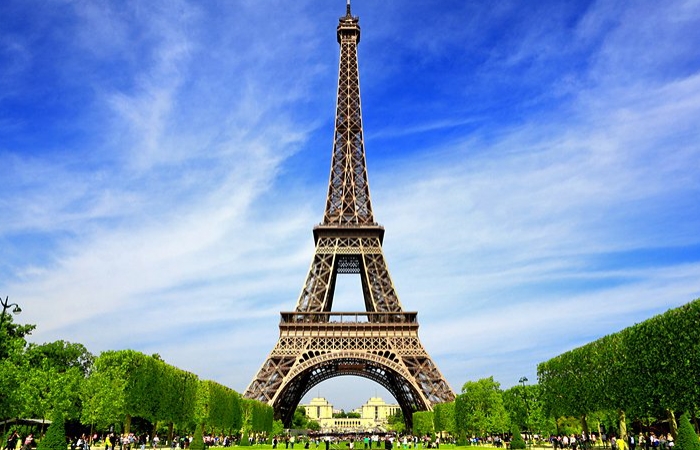There is no denying that COVID-19 has re-shaped the world of travel and tourism. In fact, masks, physical distance and price hikes may not be the only things that will leave a lingering impact on the way we travel. TRAVTALK lists seven things that could be here to stay.
Attractions will invest in virtual experiences
These extraordinary times are driving digitalisation in travel. In the face of the current crisis, many attractions around the world are investing in and promoting virtual experiences. Many are also looking at requiring visitors to book time slots in advance to avoid crowding.
Local destinations become more attractive
Travellers around the world are significantly changing their habits. Faced with closed borders and uncertainty over foreign travel requirements, they are discovering the benefits of close-to-home, domestic destinations. This will also lead to development of local tourist amenities.
Travellers will need to plan much in advance
With different restrictions and SOPs mandated by countries, journey time will increase with increased health check-ups at borders. Visiting popular attractions will also require a lot more pre-planning by travellers to figure out the new procedures at various sites.
Buffets on ships might be a passé
Buffets will be out and temperature checks in when ships return to sea. Temperature screenings, while incapable of catching asymptomatic travellers, will probably become the norm. The old-fashioned, dish-it-yourself buffet is expected to become a relic.
Interest in private travel is here to stay
The pandemic has created a greater demand for experiences away from crowds and being able to bypass the traditional airport experience is a big piece of that. The world of private travel offers social distancing in the sky — at a premium.
Cleanliness will become top priority
Hotels, airlines and airports are elevating a couple of key amenities these days: cleanliness. This means that the things that might have mattered before — restaurants, pools, gyms, bars, make-your-own-waffle stations — will take a back seat.
Health certificates for cross-border travel
We might go back to carrying a digital version of the yellow book that travellers once carried which was an immunisation record that allowed them to enter certain countries. This digital record of inoculation will certify that the passenger is fit to fly and not any virus-positive.
 TravTalk India Online Magazine
TravTalk India Online Magazine





